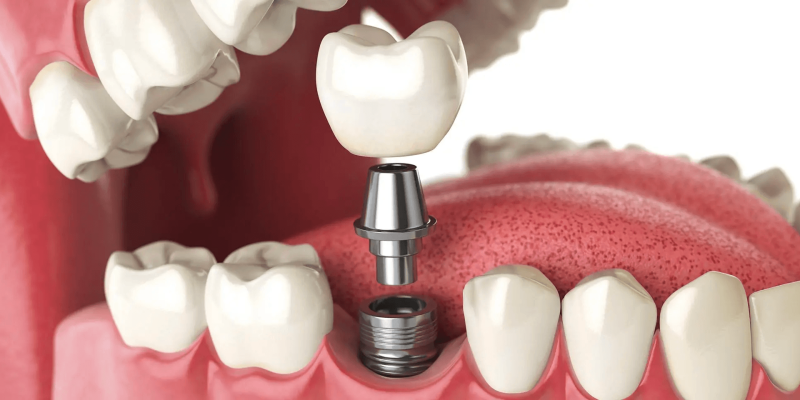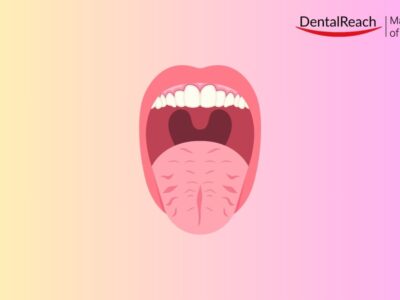If you are a dentist, you can share these tips with your patients by telling them verbally/handing them a print out of this article/ simply sharing the browser link with them. If you are a patient, please continue reading!

Dental implants are a popular and effective way to replace missing teeth, but as with any dental procedure, it's important for patients to take proper care of their implants to ensure they stay healthy and function properly. Let’s go over 10 dental implant care tips to help you get the most out of your new teeth.
1. Follow your dentist's post-operative instructions.
Your dentist will provide you with specific instructions on how to care for your dental implants following your procedure. Follow these instructions carefully to ensure the best possible outcome. This may include taking prescribed medications, using prescribed mouthwash, and avoiding certain foods and activities.
2. Practice good oral hygiene.
Good oral hygiene is essential for maintaining healthy teeth and gums, including dental implants. As a routine, brush your teeth twice a day with a fluoride toothpaste and a soft-bristled toothbrush, and floss daily to remove plaque and food particles from between teeth and along the gumline.
3. Avoid hard or crunchy foods.
While dental implants are strong and durable, it's important for patients to avoid biting or chewing on hard or crunchy foods immediately following their procedure. This can help prevent damage to the implant and allow it to heal properly. Stick to soft or easy-to-chew foods until the implant has fully healed.
4. Avoid tobacco.
Tobacco use can increase the risk of gum disease and other oral health problems, including implant failure. It is best to avoid tobacco products, including cigarettes, chewing tobacco, and e-cigarettes, to help protect your dental implants and overall oral health.
5. Use a mouthguard while playing sports.
If you participate in contact sports, use a mouthguard to protect your dental implants and other teeth. Speak to your dentist about getting a custom-fitted mouthguard to ensure the best possible protection.
6. Avoid biting or chewing on non-food items.
Biting or chewing on non-food items, such as pens, pencils, or fingernails, can put unnecessary stress on your dental implants and potentially cause damage. Avoid these habits to protect your implants.
7. Don't use your teeth as tools.
Using your teeth as tools, such as to open packaging or hold objects, can put unnecessary stress on your dental implants and potentially cause damage. Use proper tools and techniques when opening packaging or handling objects to protect not only implants, but also your other teeth.
8. Use a water flosser.
Water flossers, also known as dental water jets, use a stream of water to clean between teeth and along the gumline. This can be a particularly effective way to clean around dental implants and help prevent gum disease. Use a water flosser as part of your oral hygiene routine.
9. Visit your dentist regularly.
Regular visits to the dentist are an important part of maintaining healthy teeth and gums, including dental implants. During these visits, your dentist will check the health and function of your implants, as well as provide any necessary adjustments or repairs. Every six months, a routine scaling procedure will also be performed.
10. Don't neglect your natural teeth.
While dental implants are an effective way to replace missing teeth, it's important for patients to continue caring for their natural teeth as well. So all the tips above also apply to natural teeth! Care for your mouth as a whole for the overall health of the body!
By following these 10 tips, your patients can help ensure that their dental implants stay healthy and function properly. Encourage them to take an active role in their own dental care and visit the dentist regularly to get the most out of their implants.




















Comments